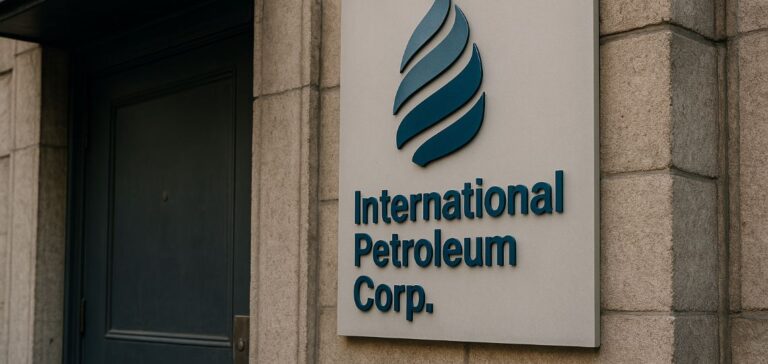International Petroleum Corporation (IPC) announced that it repurchased 89,200 of its common shares between 26 and 30 May 2025, under its share buyback programme known as the normal course issuer bid (NCIB). This operation was carried out in accordance with the European Union Market Abuse Regulation (MAR) and Canadian regulatory requirements.
Transactions split across two markets
During the stated period, 60,000 shares were repurchased on the Nasdaq Stockholm exchange, through Pareto Securities AB acting on behalf of IPC. Simultaneously, 29,200 shares were acquired on the Toronto Stock Exchange (TSX) via ATB Securities Inc., also appointed by IPC for the operation. All repurchased shares will be cancelled, in line with the company’s policy to reduce outstanding capital.
Programme ongoing through December
Launched on 5 December 2024, the buyback programme allows for a maximum of 7,465,356 common shares to be acquired through to 4 December 2025. As of 30 May, IPC had already repurchased a total of 6,068,324 shares since the programme began, representing more than 81% of the authorised limit.
Outstanding share count reduced
During May, IPC cancelled 605,560 previously repurchased shares. At the end of the month, the total number of common shares outstanding stood at 113,642,559, including 40,000 shares held in treasury. These cancellations contribute to a gradual reduction of floating capital as part of ongoing financial management.
Compliance with multi-jurisdiction regulations
The programme is conducted in accordance with the EU MAR and Delegated Regulation (EU) 2016/1052, commonly referred to as the Safe Harbour Regulation. It also adheres to applicable Canadian and Swedish securities regulations and the internal policies of the TSX and Nasdaq Stockholm exchanges.






















